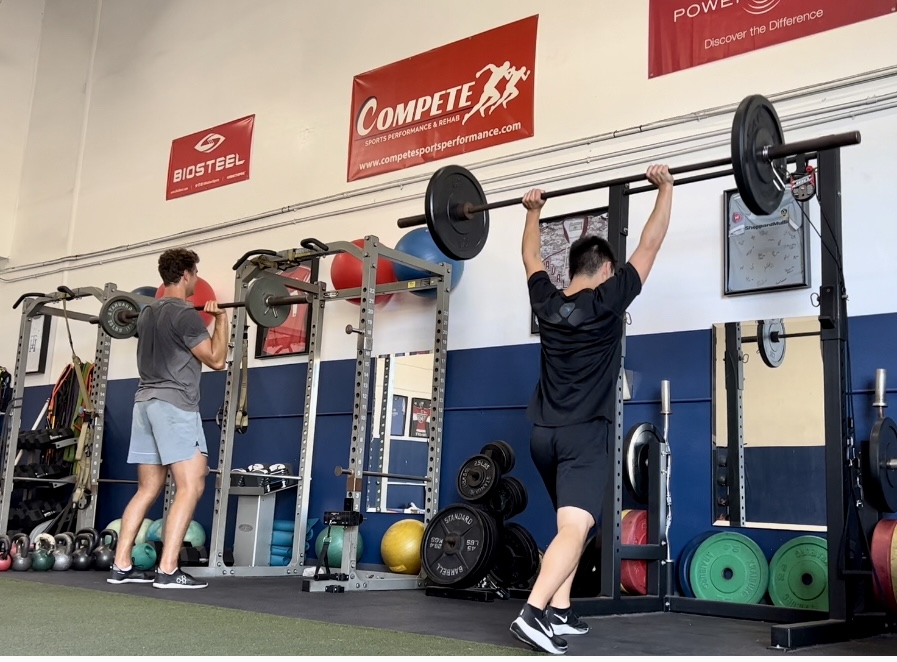The beginning of the hockey season is just weeks away. Several camps are going on and the demand for the players to be on the ice is increasing. So, the work we do in the gym changes as we enter this final phase of the off-season.
To recap, the first phase of the off-season was to get out of our skates and take time off to recover from the previous season. Cross-training, rehab, and fun should have been the goal at that time. The second phase was to start age-appropriate training and conditioning programs to start building function and strength. With older players, this would have meant heavier lifting to build strength.
The third phase would have the hockey athlete get back on the ice for some puck touches and decrease some weight training to avoid overtraining. The lifts would be less heavy but with higher intensity to prepare for the demands of on-ice performance. Lastly, this final phase is designed to prepare the player for the demands of the season.
At a recent camp for a local junior program, I was able to run the gym workouts for the groups. The focus is now on speed and power generation, as these are needed to excel as a hockey player. Sessions include a dynamic warm-up, core activation, sprinting or running drills, and supersets of weightlifting exercises done with lighter weights, fewer reps, and higher velocity.
The timing of these sessions will vary based on stick-time and practice schedules as we try to avoid poor performances on the ice due to fatigue from the gym. I would still recommend one good day of heavy lifting per week as the schedule allows, if possible, to help maintain all the strength gains from earlier in the off-season.
Lastly, there is no excuse to have injuries still lingering from last season. If these injury issues are not addressed, you will be more likely to worsen the injury. Seek out athletic trainers or other rehab professionals to treat these injuries now before the season begins.
One of the goals of a well-planned off-season program is to help the hockey player be more injury-resilient heading into the season. We don’t want to start the season watching from the stands and missing games.
Mike Hannegan is an Athletic Trainer and Strength Coach with ten years of experience in the NHL with the Anaheim Ducks and St. Louis Blues. He is currently the Director of the Compete Sports Performance and Rehabilitation facility inside The Rinks Yorba Linda Ice located in beautiful Orange County, CA. He can be reached at mike@competeperformance.com

